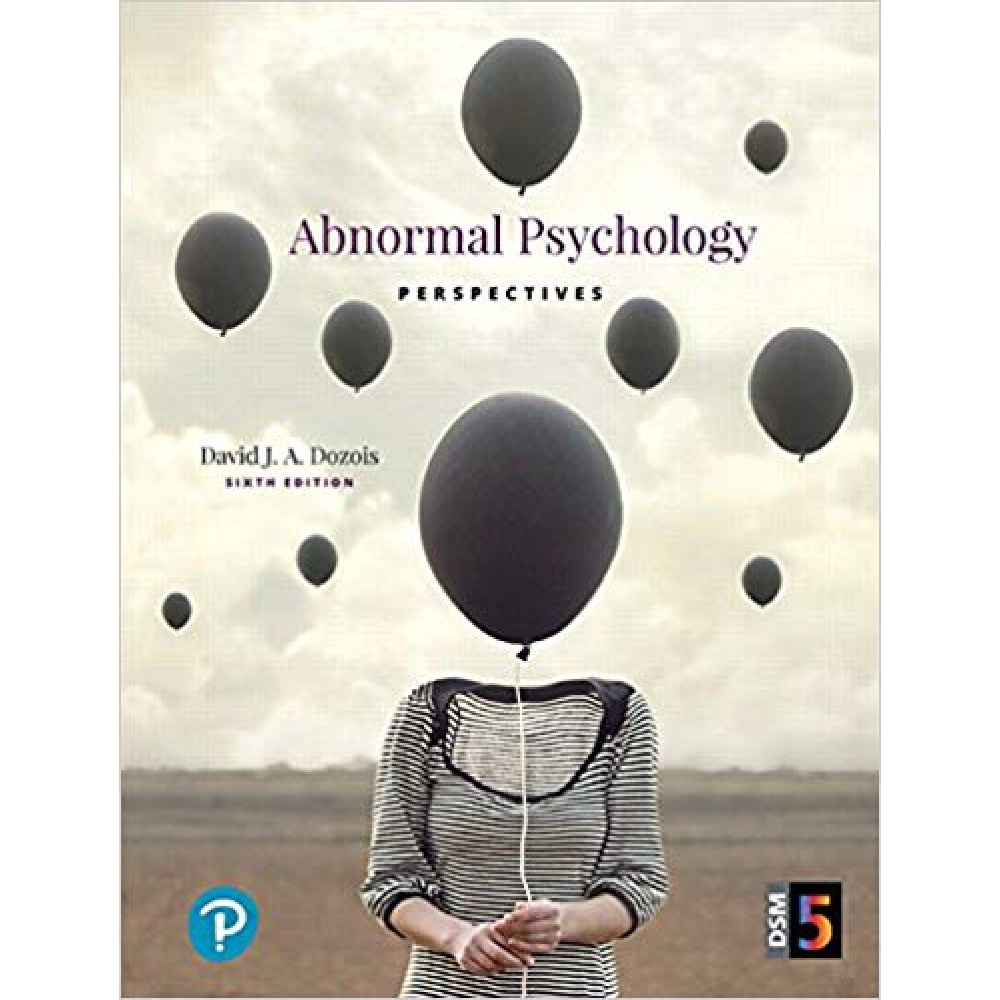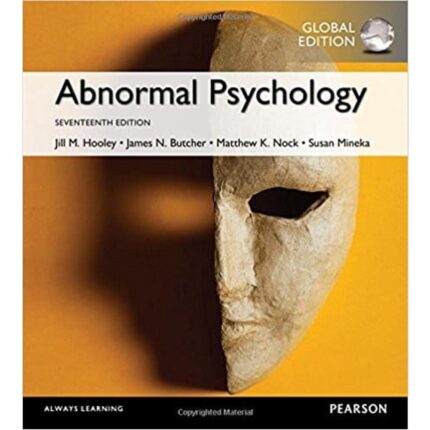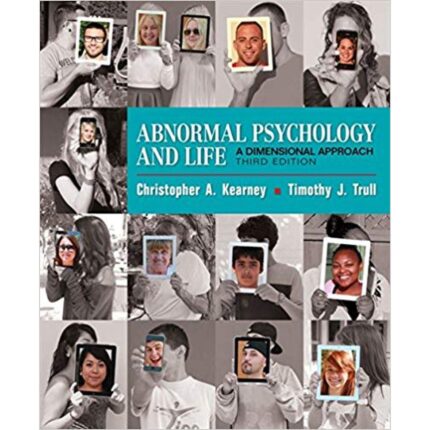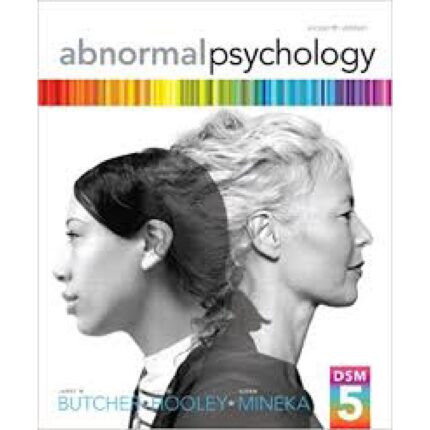Abnormal Psychology Perspectives 6th Edition By David – Test Bank
Chapter 11: Substance-Related and Addictive Disorders
Chapter 11 Multiple Choice Questions
1. The first alcohol consumed by humans was
A) wine.
B) beer.
C) vodka.
D) mead.
E) spirits.
Difficulty: 1
QuestionID: 11-1-01
Page-Reference: 257
Skill: Factual
Answer: D) mead.
2. Alcohol was widely consumed by the Europeans in part because
A) alcoholism was widespread across Europe.
B) it made colonizing North and South America an easier task.
C) it was believed to have beneficial health effects.
D) they wanted North American aboriginals to engage in self-destructive activities.
E) the quality of the drinking water was quite poor.
Difficulty: 1
QuestionID: 11-1-02
Page-Reference: 257
Skill: Conceptual
Answer: E) the quality of the drinking water was quite poor.
3. Problems in relationships, missing work, failing exams, putting yourself or others in danger: These could all be consequences of
A) habituation.
B) substance intoxication.
C) tolerance.
D) substance use disorder.
E) substance dependence.
Difficulty: 1
QuestionID: 11-1-03
Page-Reference: 257
Skill: Conceptual
Answer: D) substance use disorder.
4. Tolerance is best defined as
A) a need for increased amounts of a substance in order to achieve previous effects.
B) a lack of control over the use of a substance.
C) physiological changes in the body due to use of a substance.
D) being accustomed to a substance due to regular usage.
E) a reversible and temporary condition that results from substance use.
Difficulty: 2
QuestionID: 11-1-04
Page-Reference: 257
Skill: Factual, Conceptual
Answer: A) a need for increased amounts of a substance in order to achieve previous effects.
5. Nausea, headache, and tremors are all withdrawal symptoms and may be caused by the
A) removal of the substance from the body.
B) ingestion of several different substances at one time.
C) when a substance loses its addictive qualities.
D) ingestion of too much alcohol.
E) body’s attempt to fight a foreign substance in the bloodstream.
Difficulty: 1
QuestionID: 11-1-05
Page-Reference: 258
Skill: Conceptual
Answer: A) removal of the substance from the body.
6. Sylvia finds that having a few drinks doesn’t really affect her very much, but she got extremely dizzy and nauseous after drinking wine when taking an aspirin. These effects resulted because
A) the combination of the two substances had a greater effect than one alone.
B) Sylvia hadn’t yet developed a tolerance for the drugs.
C) Sylvia was displaying withdrawal symptoms.
D) Sylvia had forgotten to eat before drinking.
E) Sylvia was exhibiting an impairment of control.
Difficulty: 1
QuestionID: 11-1-06
Page-Reference: 259
Skill: Application
Answer: A) the combination of the two substances had a greater effect than one alone.
7. Synergistic effects occur when
A) combined drug effects are different or greater than the sum of their individual effects.
B) drug effects are greater when combined with alcohol.
C) combined drug effects last longer than the sum of their individual effects.
D) the risk of addiction is greater when a drug is taken with alcohol.
E) a drug’s effect is neutralized when taken together with another drug.
Difficulty: 2
QuestionID: 11-1-07
Page-Reference: 259
Skill: Conceptual
Answer: A) combined drug effects are different or greater than the sum of their individual effects.
8. According to a recent survey, approximately ___________ of every 5 Canadians reported drinking alcohol in the previous year.
A) 1
B) 2
C) 3
D) 4
E) 5
Difficulty: 2
QuestionID: 11-1-08
Page-Reference: 260
Skill: Factual
Answer: D) 4
9. The majority of people who have reported drinking can be categorized as ___________ drinkers.
A) light frequent
B) light infrequent
C) heavy infrequent
D) moderate frequent
E) heavy frequent
Difficulty: 2
QuestionID: 11-1-09
Page-Reference: 260
Skill: Factual
Answer: B) light infrequent
10. In a recent survey of Ontario high school students, high-risk drinking was reported by _____% of respondents.
A) 75
B) 20
C) 5
D) 50
E) Less than 1
Difficulty: 2
QuestionID: 11-1-10
Page-Reference: 262
Skill: Factual
Answer: B) 20












Reviews
There are no reviews yet.